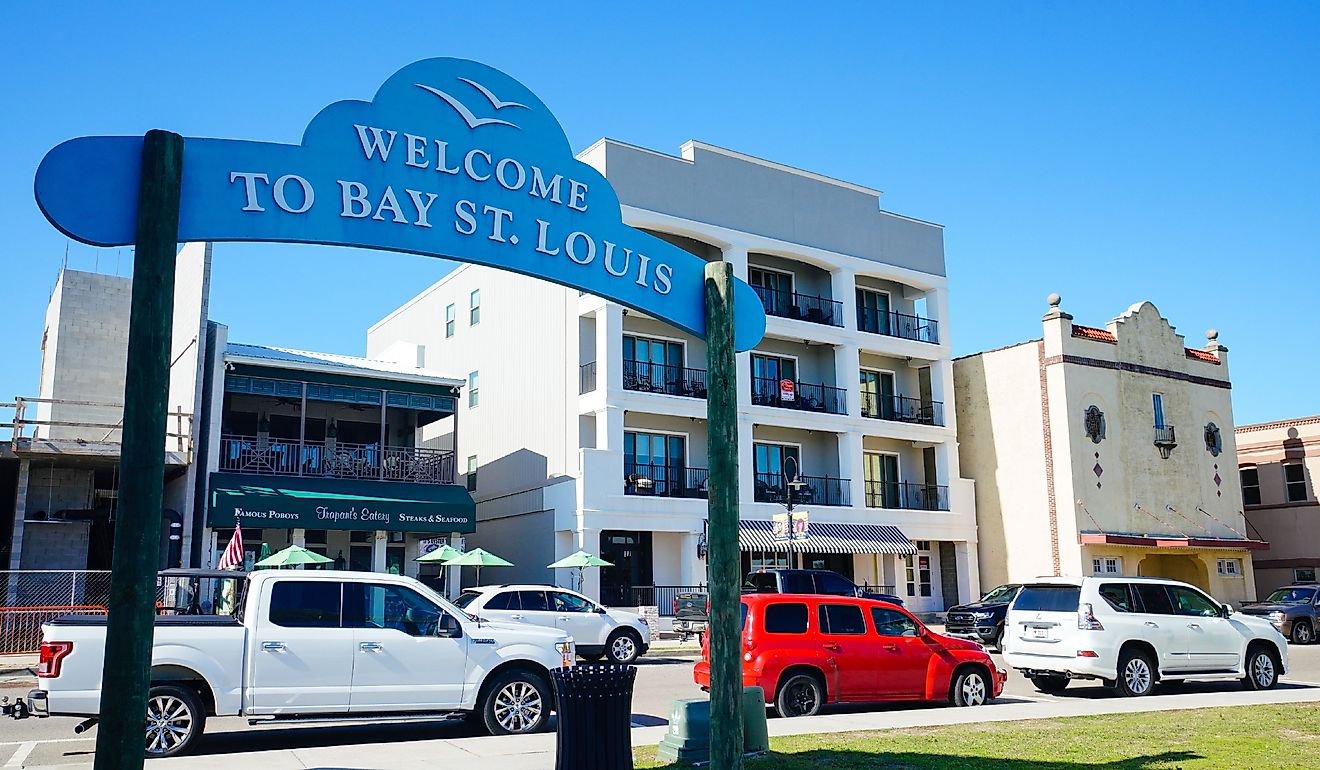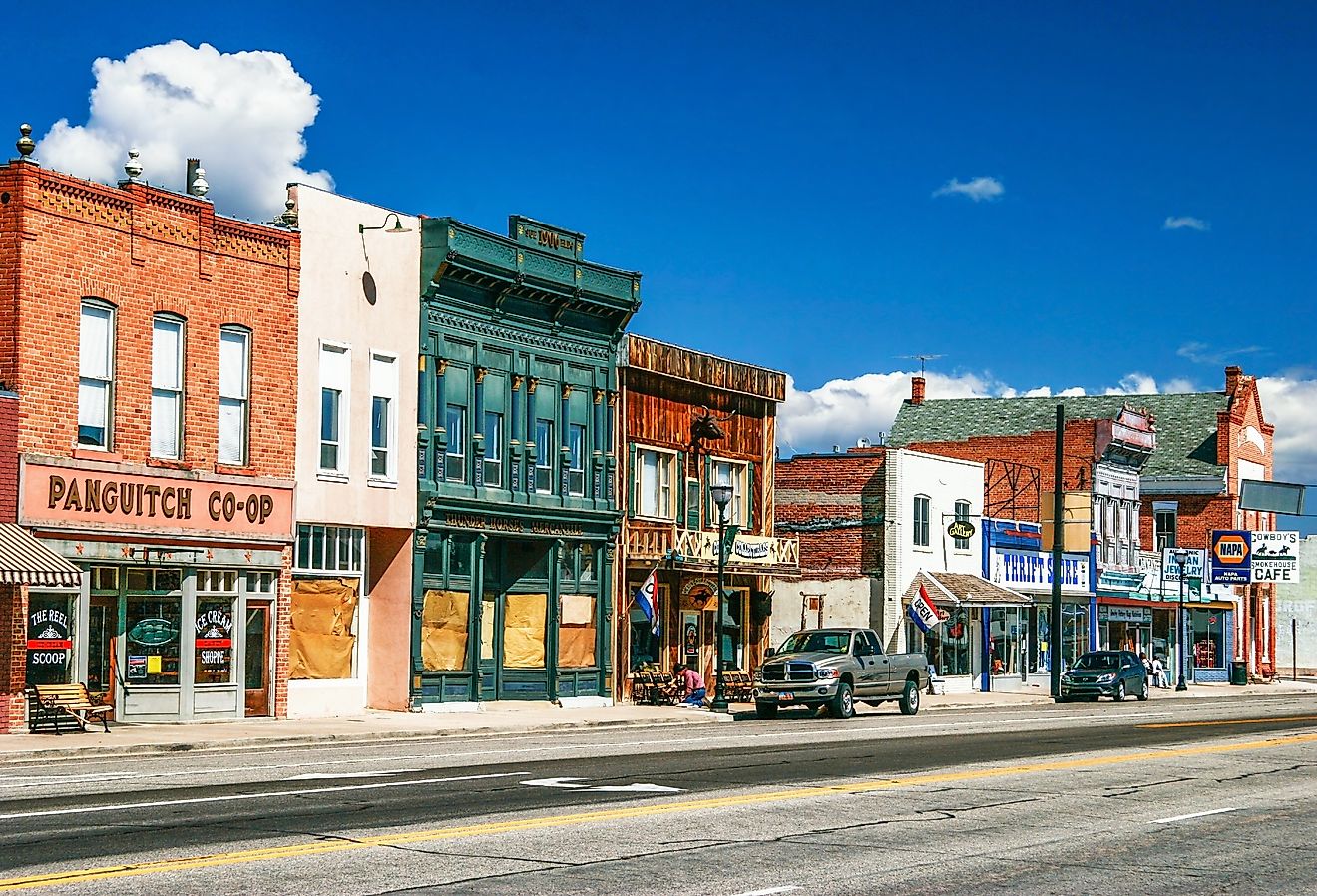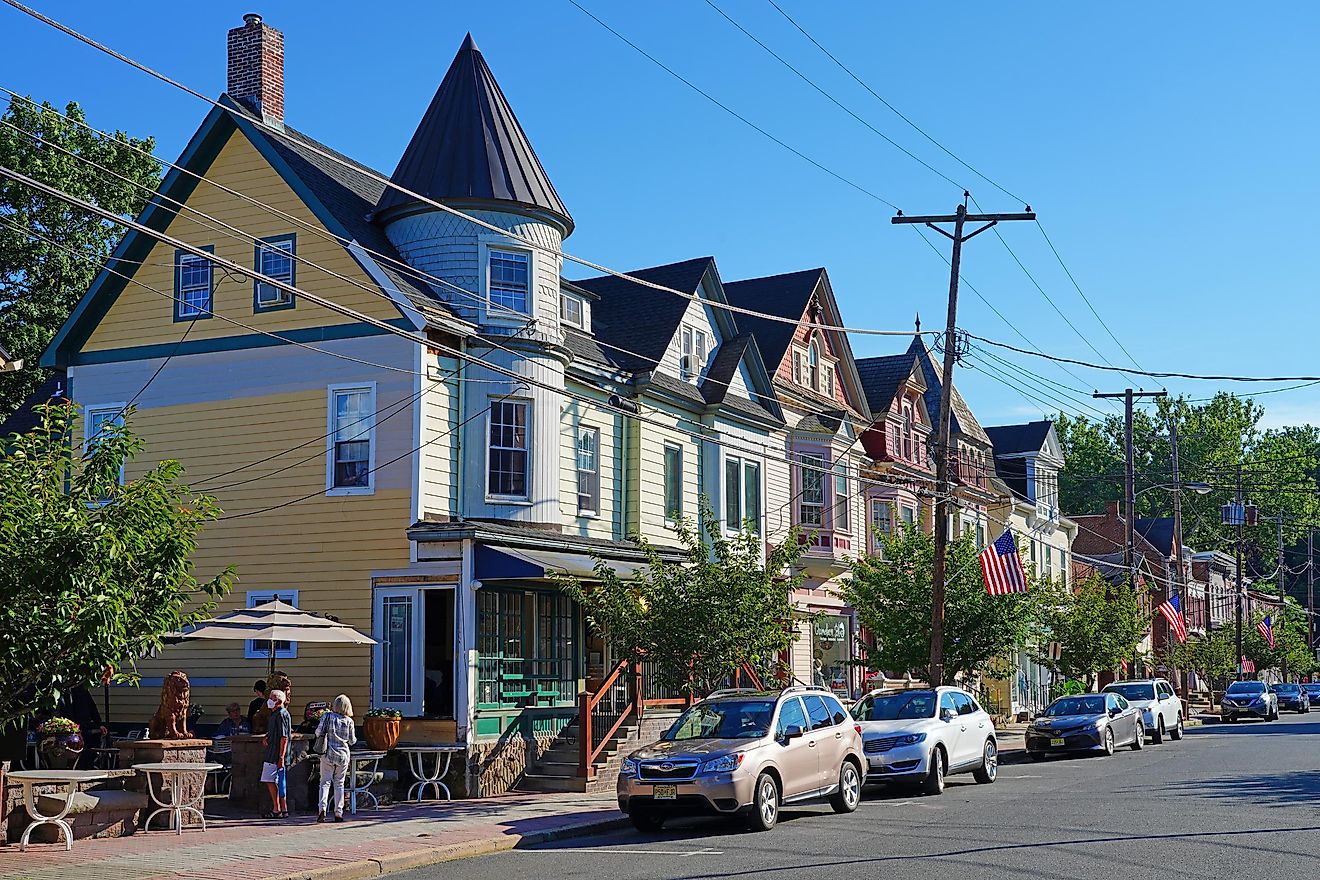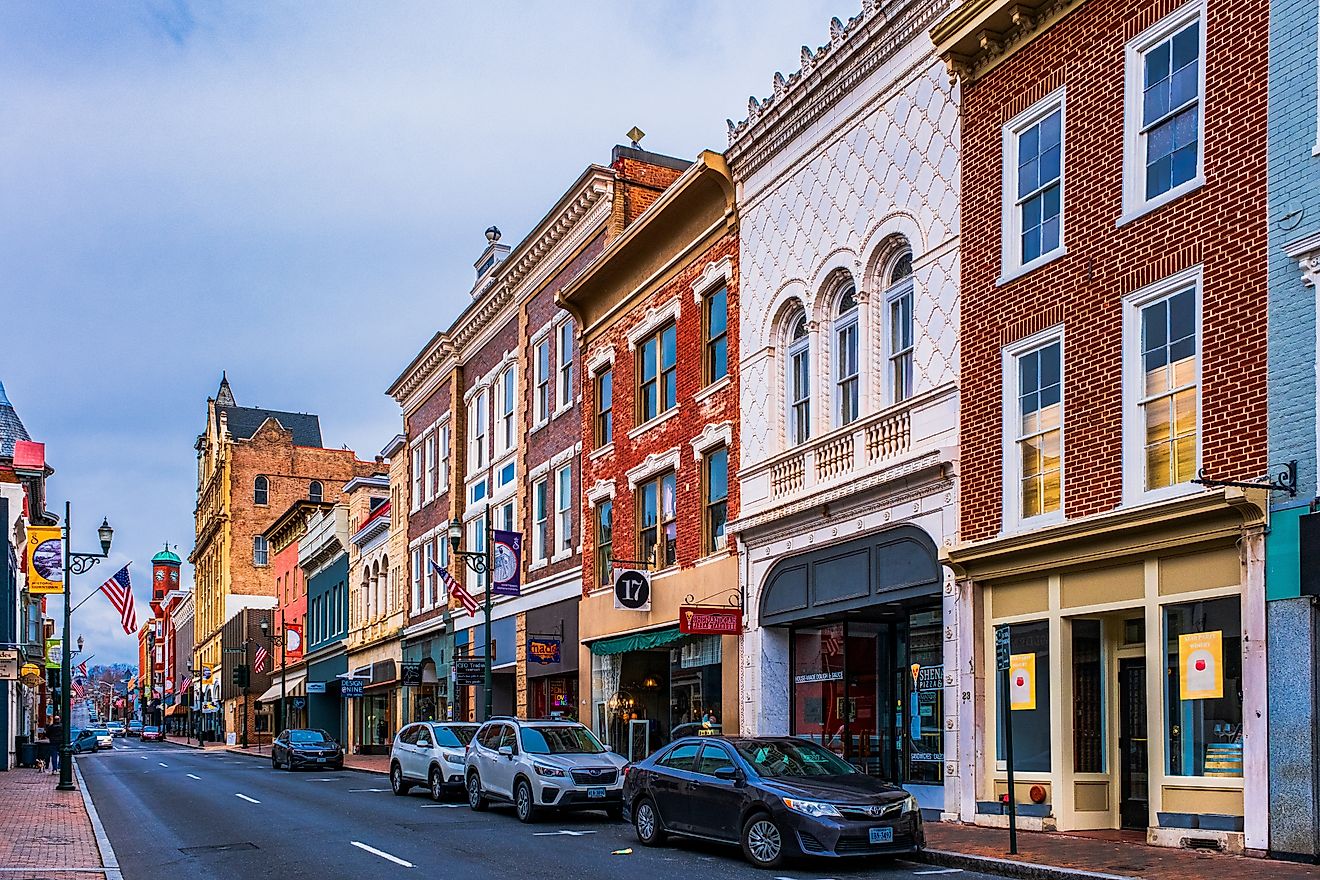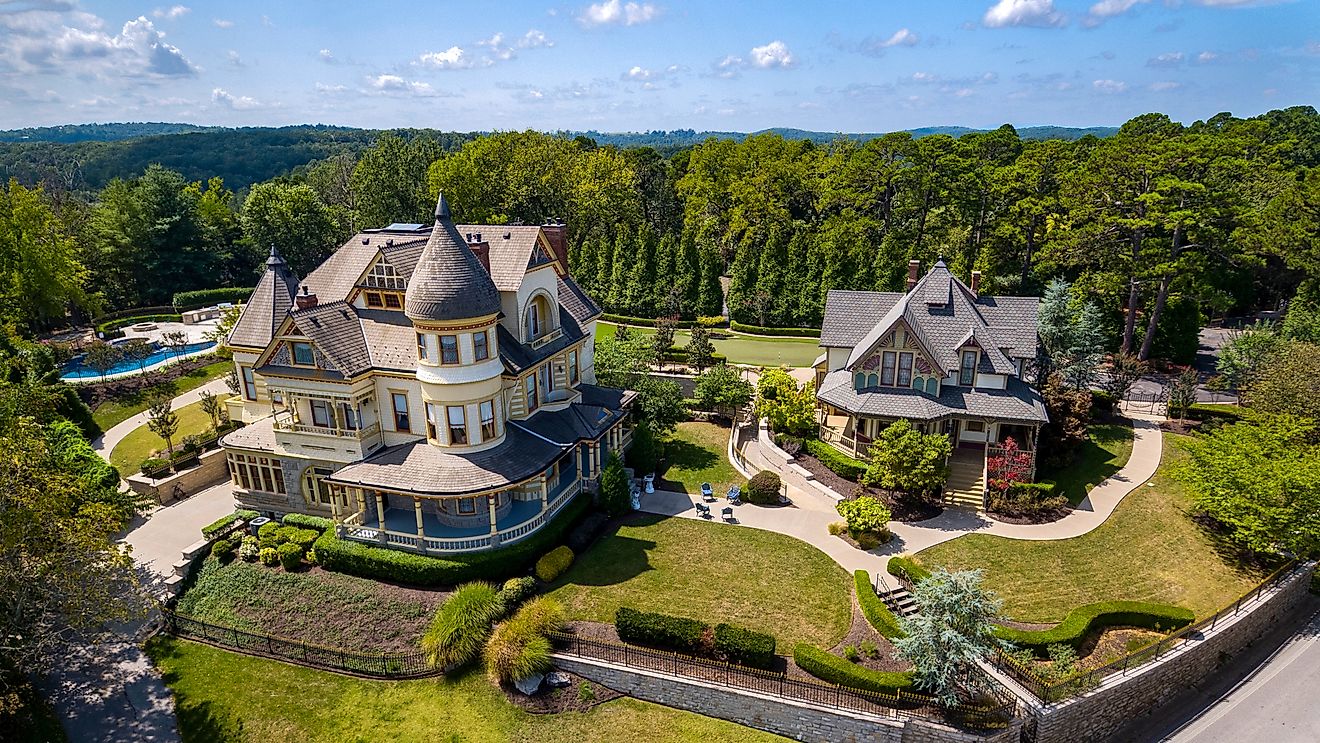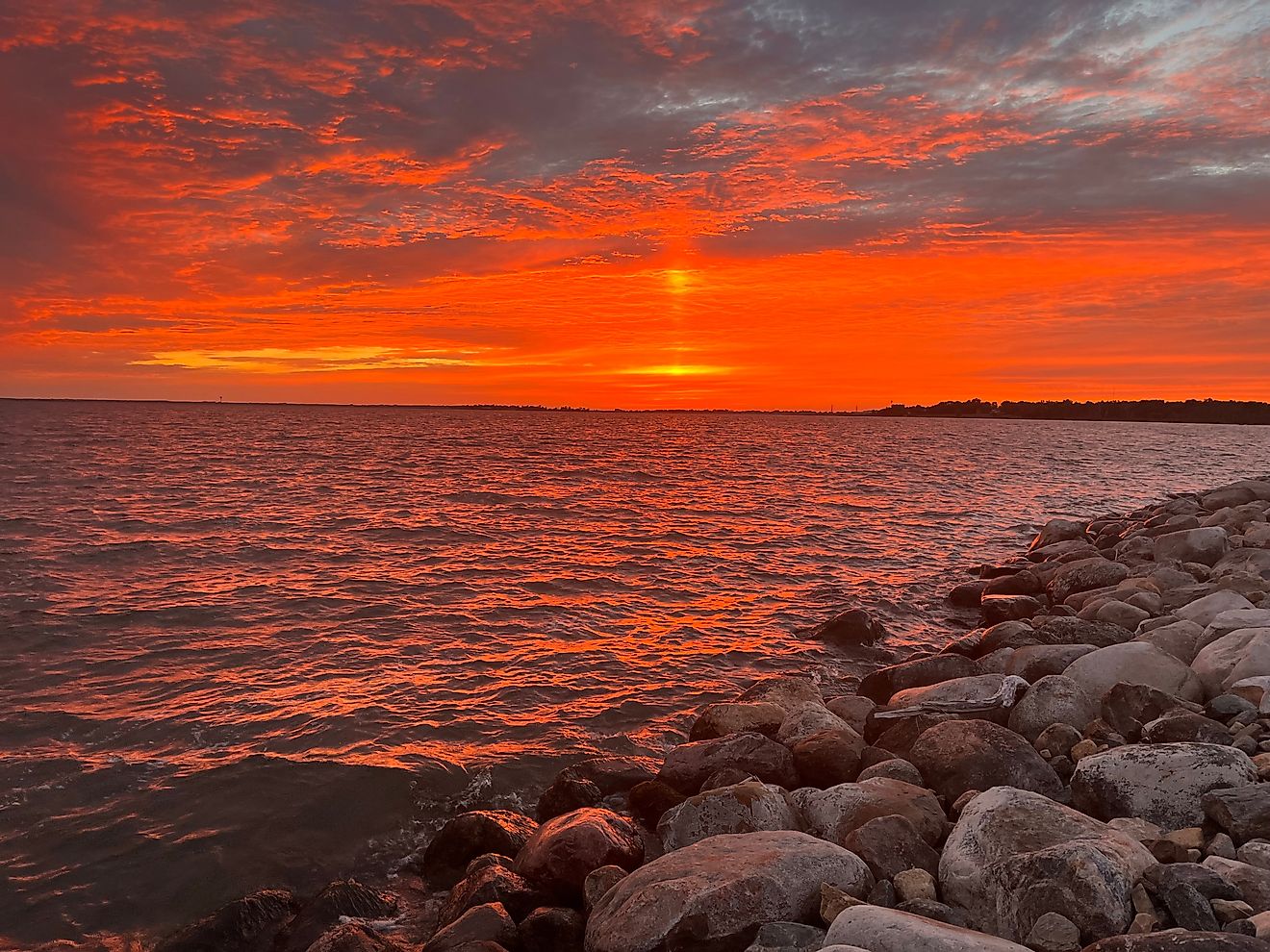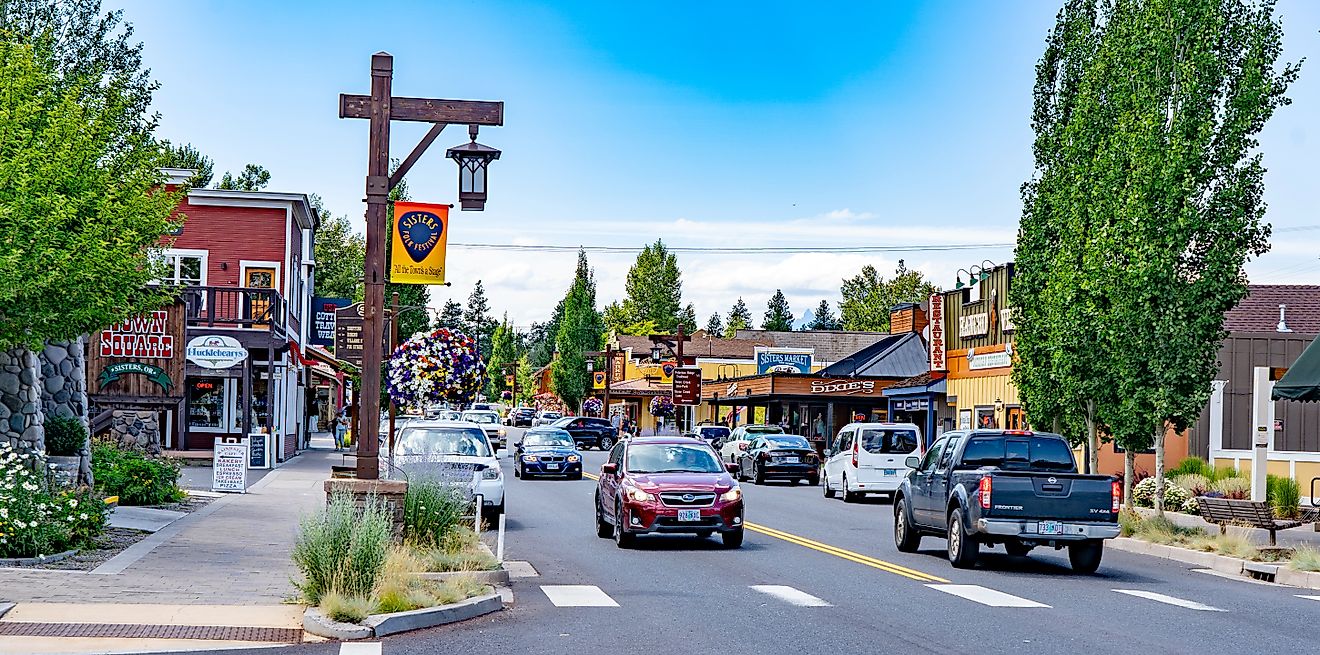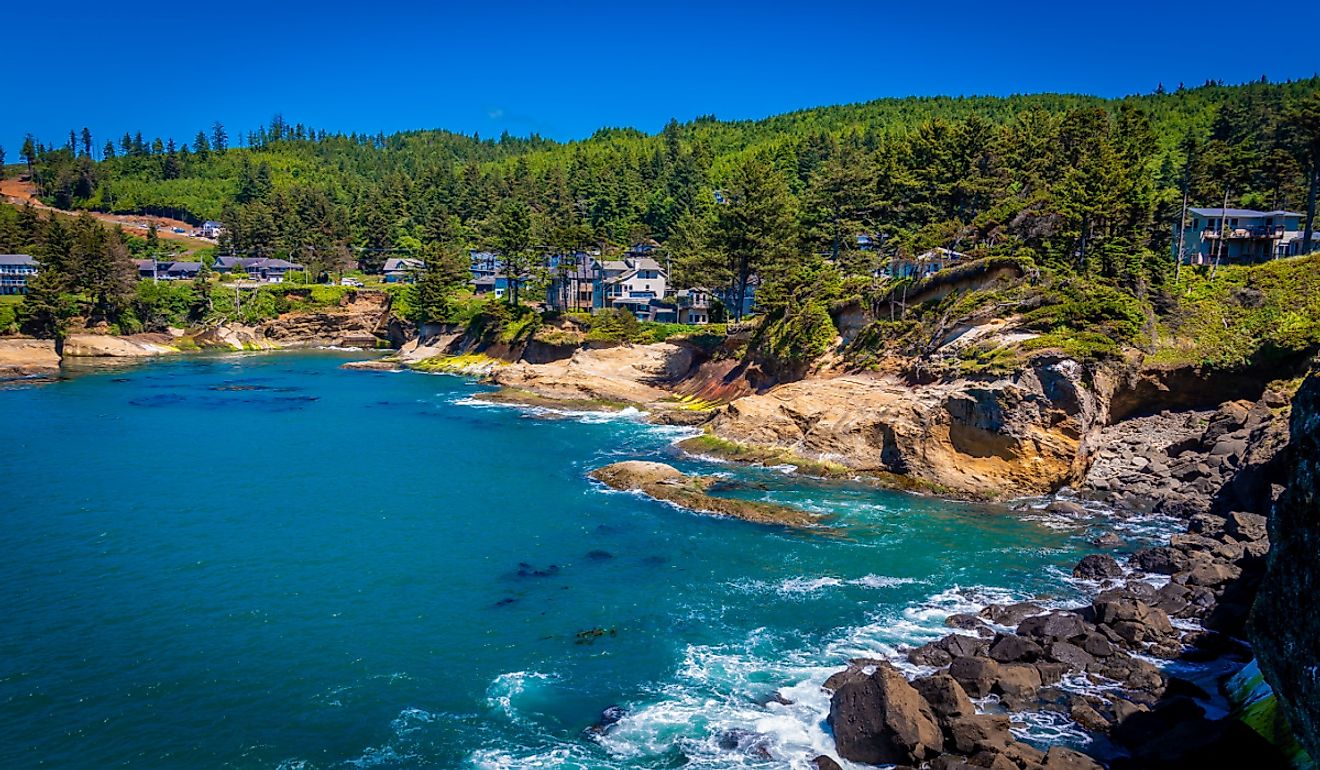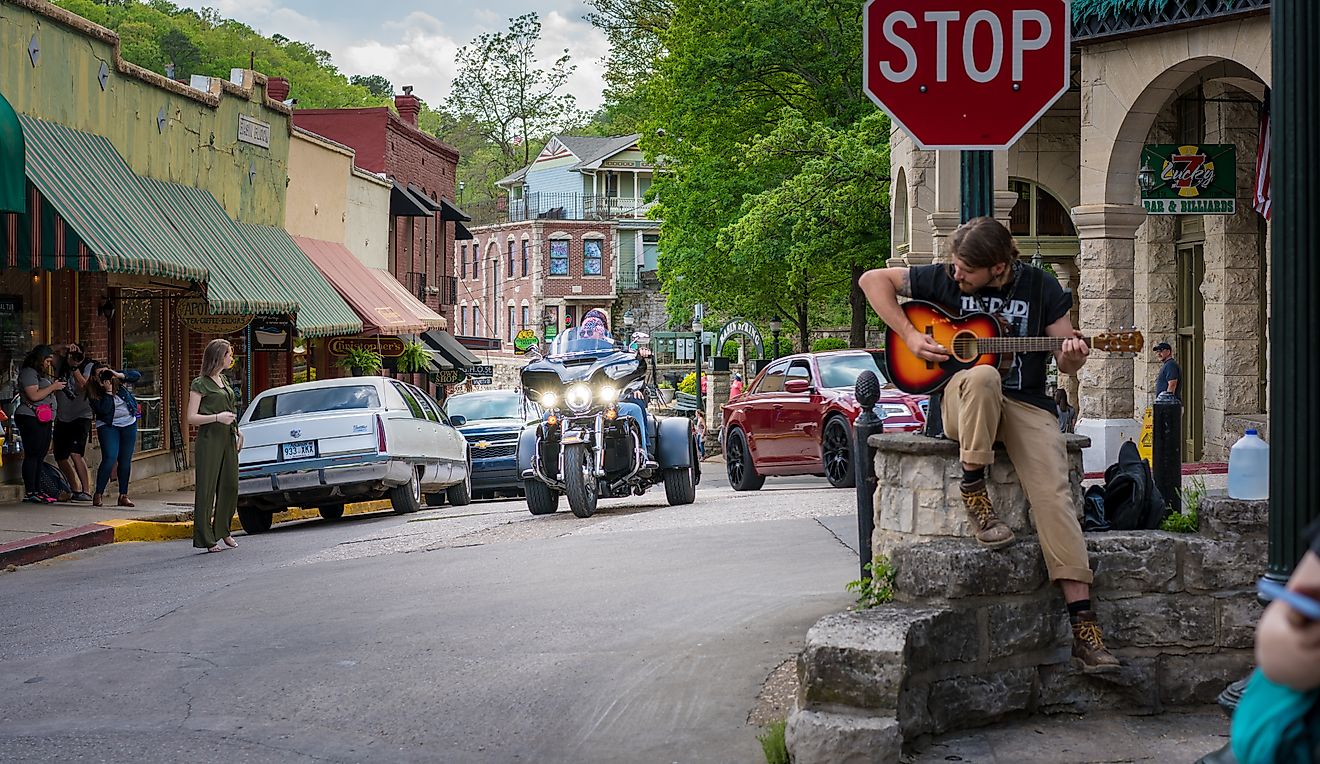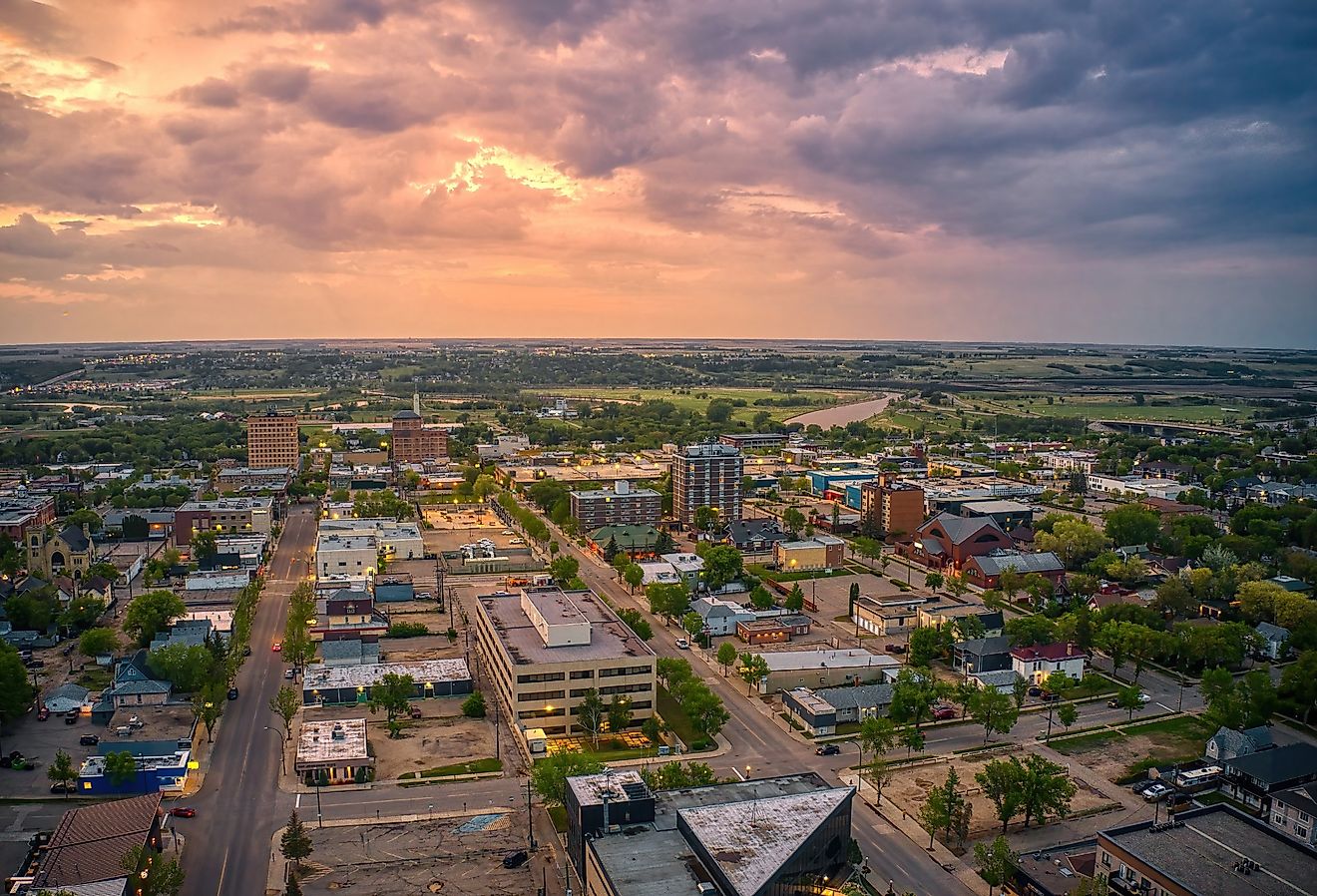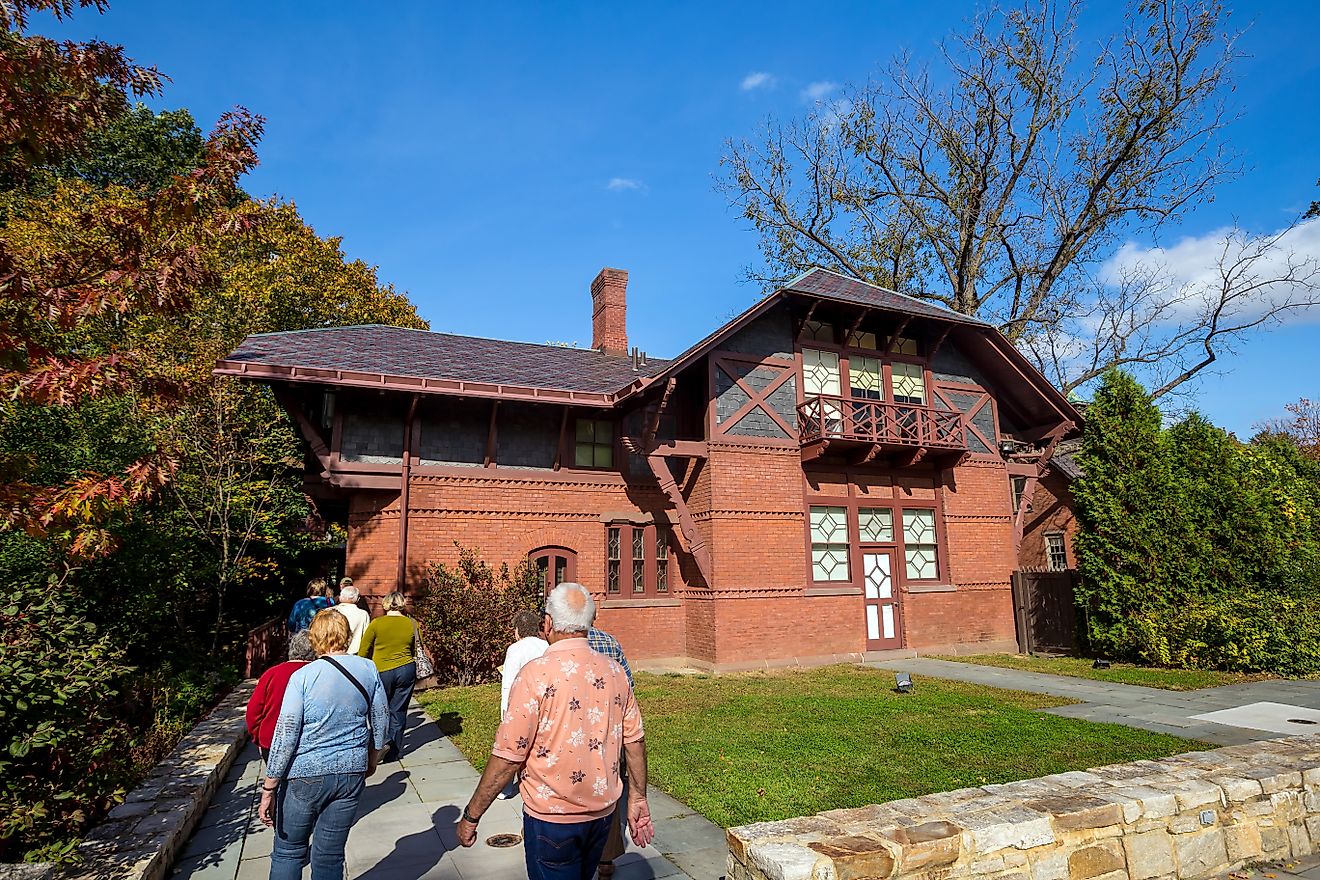
Fort Myers, Florida
Fort Myers is a city located in the US state of Florida. Like much of Florida, it is popular with tourists because of its climate and waterfront. As its name implies, Fort Myers was once the site of a military installation. It was used by the US military during the Second Seminole War and the American Civil War. But by the late 19th century, the military no longer had a use for it. Instead, people began to build a community there. Eventually, what began as a small agricultural village emerged into a thriving city; a city admired by the likes of Thomas Edison and Henry Ford, who spent a significant amount of time there. In fact, the estates on which they lived are now a major tourist attraction in the city.
Geography Of Fort Myers

Fort Myers is located in southwest Florida, on the eastern bank of the Caloosahatchee River, which flows into the Gulf of Mexico to the west. It is bordered to the southwest by three smaller towns: Page Park, Pine Manor, and Whiskey Creek. The Southwest Florida International Airport lies to the south of Fort Myers. The city of Lehigh Acres and the smaller town of Gateway border Fort Myers to the east. Across the Caloosahatchee River, to the northwest of Fort Myers is North Fort Myers. Directly to the north of Fort Myers, still on the eastern bank of the Caloosahatchee River is the town of Tice. The town of Buckingham borders Fort Myers in the northeast. The city of Cape Coral is situated across the river, directly to the west of Fort Myers. The city of Fort Myers has a total area of approximately 105 sq. km.
Population Of Fort Myers

The total population of Fort Myers is 96,851. Close to two thirds of this population is classified as white, of which 49.2% are non-Hispanic and 15.3% are Hispanic. African Americans make up the next most populous group, comprising over one fifth of the residents in Fort Myers. Non-white Hispanics make up 7.79% of the population, while 2.76% are of Asian descent. The remainder are of other racial backgrounds. Just over 71% of residents in Fort Myers speak only English, while about one fifth speak Spanish. The rest speak other, mostly Indo-European, languages. Close to 80% of those who live in Fort Myers were born in the United States, while 33.23% were born in Florida. The largest group of people born outside of the United States are from Latin America. More than 80% of non-citizens in Fort Myers are also from Latin America, as are more than two thirds of naturalized citizens.
Economy Of Fort Myers
The average household income in Fort Myers is $71,739, while the overall poverty rate is 16.82%. African Americans are disproportionately affected by poverty, as 26.98% of them live below the poverty line. The city’s economy is based mainly on the retail, healthcare, and accommodations industries.
History Of Fort Myers

Ponce de Leon of Spain was the first European to explore Florida’s Gulf coast in 1513 and 1521. It is believed that one of the places he stopped was the barrier islands of Lee County, the county in which Fort Myers is situated. Initially, the only Europeans to settle in the area of present-day Fort Myers were settlers from Spain and Cuba, who established temporary fishing and farming camps along the coast. In the 1700s, the coastal area of Lee County was often used by pirates looking to raid cargo ships that were sailing to and from New Orleans. A wave of settlers flocked to Florida after it became a US territory in 1821. These settlers got into conflict with the Seminoles, the original Native American inhabitants of the area. Eventually the conflict between the Seminoles and European settlers became a full-blown war, known as the Second Seminole War (1835-1842).
During the Second Seminole War, the US Army operated a base called Fort Harvie, which was situated on the present-day site of Fort Myers. The army abandoned this base, however, when the Second Seminole War came to a close. But after a white trader was killed on the Peace River in 1849, the army returned. A year later, they built Fort Myers on top of the ruins of Fort Harvie. It was named in honor of Colonel Abraham C. Myers, who was the son-in-law of the commander of Fort Brooke in Tampa.

In the 1860s, Fort Myers was occupied by Union troops during the American Civil War. In fact, the southernmost battle of the Civil War took place across the river from Fort Myers. After the war, Fort Myers was dismantled, and its wood was used to build some of the first buildings in what is now the downtown area of the city. In 1876, up to ten families lived there. An economy based on cattle, farming, and logging began to take shape in Fort Myers. By 1885, the town had a population of 349 residents.
In 1904, a rail line was built connecting Fort Myers with Punta Gorda to the north. A series of building booms, the first of which occurred between 1898 and the 1920s, spurred the growth of housing outside the downtown area. Over time, the original wooden buildings of downtown Fort Myers were torn down and replaced by buildings made of brick and masonry, some of which still stand today. During the 1930s, Fort Myers suffered from the effects of the Great Depression just like the rest of the United States. Some of its most elegant buildings, however, were built during this time. In the 1940s, air bases were built in the town. Thus, the town became home to thousands of servicemen, some of whom stayed and became permanent residents. Since World War II, Fort Myers has grown steadily along with the rest of Lee County and Southwest Florida.
Attractions In The Fort Myers Area

Among the attractions in Fort Myers are the winter estates of Thomas Edison and Henry Ford, both of whom were very fond of the city. The estates include 20 acres of historical buildings and gardens, including the 1928 Edison Botanical Research Laboratory. There is also a 15,000 sq. foot museum known as the Edison Ford Museum, where visitors can view some of the artifacts pertaining to the work of Ford and Edison. Fort Myers also has four designated historic districts; Edison Park, Dean Park, Downtown, and Seminole Park, along with nearly 20 designated historic landmarks. Other attractions in Fort Myers include the Sydney and Bernie Davis Arts Center, IMAG History and Science Center, Six Mile Cypress Sloth Preserve, and the Calusa Nature Center & Planetarium.
